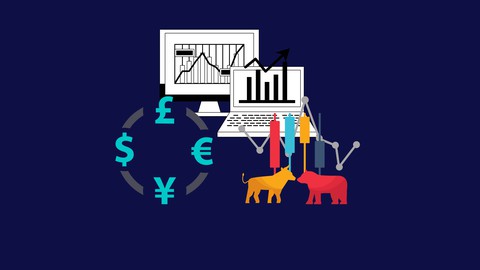
For traders, especially those just starting or looking to scale, cost efficiency can make a significant difference. Futures trading, known for its ability to offer substantial returns, also incurs costs that can chip into margins if left unmanaged. By leveraging futures trading discounts, traders can save on expenses while focusing on growing their trading careers. This blog will explore the benefits of futures trading discount and why they matter, providing a fresh perspective for both seasoned and novice traders.
The Importance of Cost Reduction in Futures Trading
Trading futures can offer excellent opportunities to diversify portfolios, hedge risks, or speculate. However, costs associated with trading, such as commission fees and other service charges, can accumulate over time and eat away at profits. Efforts to reduce these costs not only improve profitability but also allow traders to reinvest their savings into scaling and honing their strategies. By focusing on cost efficiencies, a trader can build a sustainable and scalable career without compromising the quality of their trades.
Discounts on trading fees are a simple yet powerful strategy to achieve this. While the differences might seem small on individual trades, the cumulative effect of trading over weeks, months, or years is significant. Reduced costs allow traders to remain competitive in a fast-paced environment while continually enhancing their skills.
Benefits of Futures Trading Discounts
Whether you’re a seasoned trader or just starting, the advantages of these discounts are universal. Let’s break them down into tangible outcomes:
Improved Profit Margins
Saving on trading fees directly impacts your bottom line. Even small percentage-based discounts can generate noticeable savings over time. For instance, traders who frequently deal in high volumes stand to save a significant amount annually, creating a more profitable trading experience.
Those profit margins stack up faster, giving the trader more financial leverage for reinvesting in their trading ventures.
Encourages Frequent Trading
Lower costs often encourage traders to take on more trades without the fear of high fees cutting into potential profits. For those looking to improve their strategies and gain practical experience, reduced fees can provide more opportunities to execute trades, analyze performance, and refine techniques without undue financial strain.
Trading becomes a smoother, more confident experience when costs are no longer a psychological barrier.
Supports Risk Management
Experienced traders know that risk factors play a critical role in futures trading. Discounts on fees help lower the financial risk by reducing overall exposure. Traders can enter and exit positions more flexibly, ensuring careful risk management. With additional financial breathing room, traders can adopt more thoughtful and strategic approaches to trading decisions.
This flexibility is especially beneficial in volatile markets, where quick adjustments may be needed.
Enhances Long-Term Scalability
For traders looking to scale their operations, particularly those using advanced trading algorithms or managing higher trading volumes, a reduction in costs translates to better scalability. Lower expenses per trade mean traders can focus on increasing their trade volumes without proportional cost increases.
Scalability becomes much less daunting when costs remain manageable, allowing traders to pursue growth confidently.
Better Allocation of Resources
By reducing trading costs, traders can allocate the savings to other crucial areas such as education, technology upgrades, or portfolio diversification. Investing savings back into improving skills, adopting new tools, or expanding market reach creates opportunities for growth that may not have been viable with higher costs.
For example, savings could fund subscription access to market analysis tools or algorithmic trading technologies.






